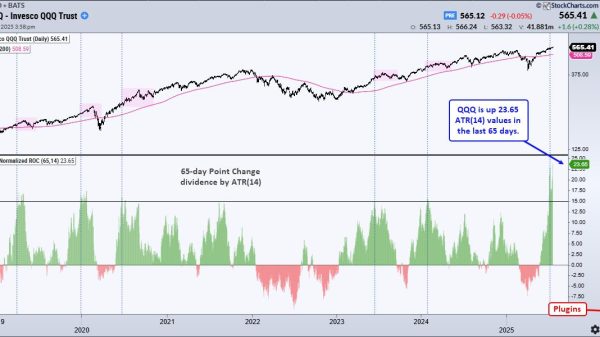Christine Marsden
The Founders envisioned the Fourth Amendment’s warrant requirement as a strong wall safeguarding citizens’ lives and property. Over time, its protections have been systematically eroded. One particularly gaping hole is the emergency aid exception, which allows officers to enter a home without a warrant if they believe an emergency inside requires their immediate assistance.
In 2021, Montana police cited this exception to enter the home of Petitioner William Trevor Case. Police claimed that the emergency at issue was due to Case’s ex-girlfriend reporting that he had threatened to commit suicide. Despite professing that they had no time to wait for a warrant, the officers waited 40 minutes before entering. During their search of the house, they eventually discovered Case, as well as a handgun in a nearby laundry basket. After Case was charged with felony assault of a police officer, he argued that the gun should be suppressed because the officers violated the Fourth Amendment by searching his home.
The trial court denied Case’s motion to suppress. In a 4–3 decision, the Montana Supreme Court upheld that ruling, holding that officers only need reasonable suspicion that an emergency exists to enter a home without a warrant—rather than probable cause, which is a stricter standard.
The US Supreme Court granted Case’s cert petition. Cato and the Americans for Prosperity Foundation filed a brief arguing that warrantless home entries based on mere reasonable suspicion of exigent circumstances violate the Fourth Amendment and needlessly threaten the safety of citizens and law enforcement. If Montana police did not have probable cause to enter Case’s home, their search should be declared unconstitutional. If the Court declines to affirm a categorical warrant requirement, it should, at a minimum, clarify that the emergency aid exception requires probable cause. This higher standard follows from the text of the Fourth Amendment, preserves the sanctity of the home, and reduces the risks that warrantless entries pose to both residents and law enforcement.










